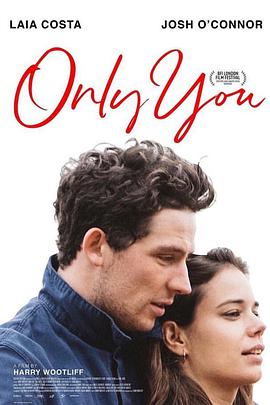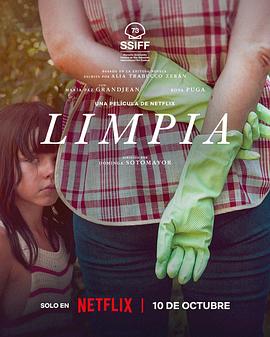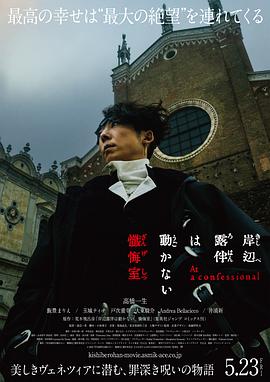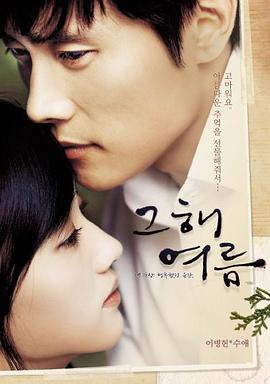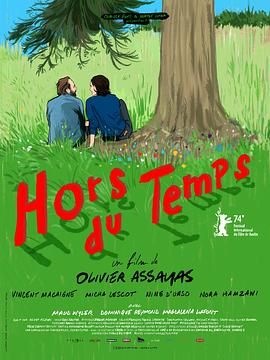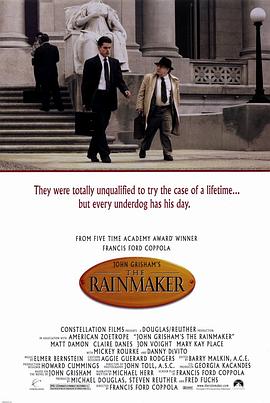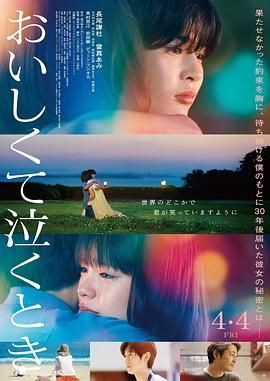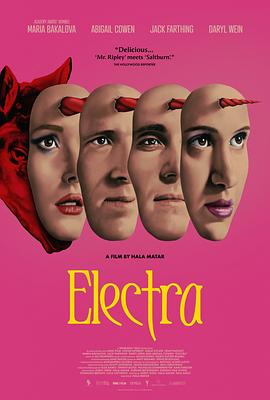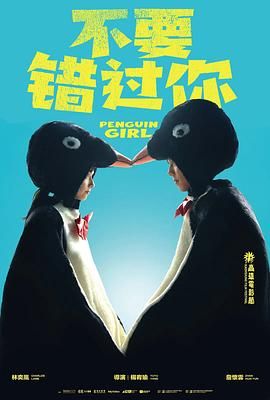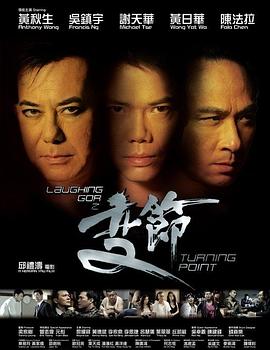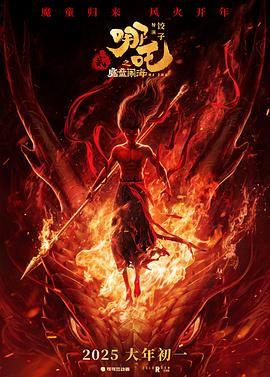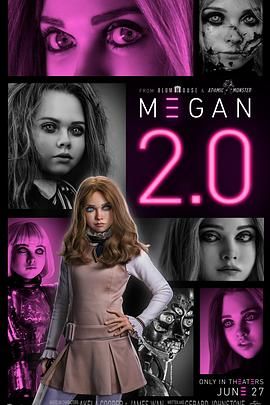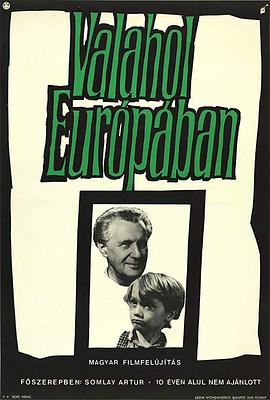
上映:
1948-11-19
更新:
2025-04-13 19:27:43,最后更新于6月前
备注:
HD中字
评分:
7.4分
剧情:
Somewhere in the remote region, the war ends. In the midst of ruined cities and houses in the streets, in rural hamlets, everywhere where people still live, are children who have lost their homes and parents. Abandoned, hungry, and in rags, defenseless and humiliated, they wander through the world. Hunger drives them. Little streams of orphans merge into a river which rushes forward and submerges everything in its path. The children do not know any feeling; they know only the world of their enemies. They fight, steal, struggle for a mouthful of food, and violence is merely a means to get it. A gang led by Cahoun finds a refuge in an abandoned castle and encounters an old composer who has voluntarily retired into solitude from a world of hatred, treason, and crime. How can they find a common ground, how can they become mutual friends The castle becomes their hiding place but possibly it will also be their first home which they may organize and must defend. But even for this, the price will be very high. To this simple story, the journalist, writer, poet, scriptwriter, movie director, and film theoretician Béla Balázs applied many years of experience. He and the director Géza Radványi created a work which opened a new postwar chapter in Hungarian film. Surprisingly, this film has not lost any of its impact over the years, especially on a profound philosophical level. That is to say, it is not merely a movie about war; it is not important in what location and in what period of time it takes place. It is a story outside of time about the joyless fate of children who pay dearly for the cruel war games of adults. At the time it was premiered, the movie was enthusiastically received by the critics. The main roles were taken by streetwise boys of a children's group who created their roles improvisationally in close contact with a few professional actors, and in the children's acting their own fresh experience of war's turmoil appears to be reflected. At the same time, their performance fits admirably into the mosaic of a very complex movie language. Balázs's influence revealed itself, above all, in the introductory sequences an air raid on an amusement park, seen in a montage of dramatic situations evoking the last spasms of war, where, undoubtedly, we discern the influence of classical Soviet cinematography. Shooting, the boy's escape, the locomotive's wheels, the shadows of soldiers with submachine guns, the sound of a whistle—the images are linked together in abrupt sequences in which varying shots and expressive sharp sounds are emphasized. A perfectly planned screenplay avoided all elements of sentimentality, time-worn stereotypes of wronged children, romanticism and cheap simplification. The authors succeeded in bridging the perilous dramatic abyss of the metamorphosis of a children's community. Their telling of the story (the scene of pillaging, the assault on the castle, etc) independently introduced some neorealist elements which, at that time, were being propagated in Italy by De Sica, Rossellini, and other film artists. The rebukes of contemporary critics, who called attention to formalism for its own sake have been forgotten. The masterly art of cameraman Barnabás Hegyi gives vitality to the poetic images. His angle shots of the children, his composition of scenes in the castle interior, are a living document of the times, and underline the atmosphere and the characters of the protagonists. The success of the picture was also enhanced by the musical art of composer Dénes Buday who, in tense situations, inserted the theme of the Marseilaise into the movie's structure, as a motive of community unification, as an expression of friendship and the possibility of understanding. Valahol Europaban is the first significant postwar Hungarian film. It originated in a relaxed atmosphere, replete with joy and euphoria, and it includes these elements in order to demonstrate the strength of humanism, tolerance, and friendship. It represents a general condemnation of war anywhere in the world, in any form.收起
相关影片
2018剧情片英国
第13集
2025剧情片智利
Estela, a young woman from rural Chile, embarks on a journey to Santiago, leaving her family behind
正片
2025剧情片日本
更新HD
2006剧情片韩国
第4集
2024剧情片法国
正片
1997剧情片美国 / 德国
第9集
2025剧情片中国大陆
更新HD
2025剧情片俄罗斯
正片
2025剧情片日本
正片
2025剧情片美国
詹妮弗·洛佩兹 迭戈·卢纳 托纳提乌 威尔·菲茨 布鲁诺·比齐尔 林恩·费文 维恩·夏拉 艾琳·马亚戈蒂亚 凯文·迈克尔·布伦南 托马斯·卡内斯特拉罗 德里顿·托尼·多沃拉尼 爱德华多·拉莫斯 克里斯蒂安·加尔维斯 大卫·特纳 德博拉·卡尔多纳 约瑟菲娜·斯卡廖内 奥丹·沃森 迈勒·马卡夫
影片改编自1993年百老汇音乐剧,设定在1981年一座阿根廷监狱里,詹妮弗·洛佩兹出演标题人物——一名虚构出来的女子Ingrid Luna。用想象描绘这名女子的人是同性恋橱窗设计师Molina(托纳提
抢先版
2025剧情片中国香港,中国大陆
更新TCV2
2024剧情片英国,意大利
更新HD
2009剧情片中国香港
HD
正在热播
更多2025大陆综艺大陆
热播
更新20250902
2025动作片中国大陆
热播
正片
2025动漫中国大陆
热播
正片
2025恐怖片英国 / 美国
热播
正片
2025喜剧片中国大陆,中国香港
热播
正片
.png)
